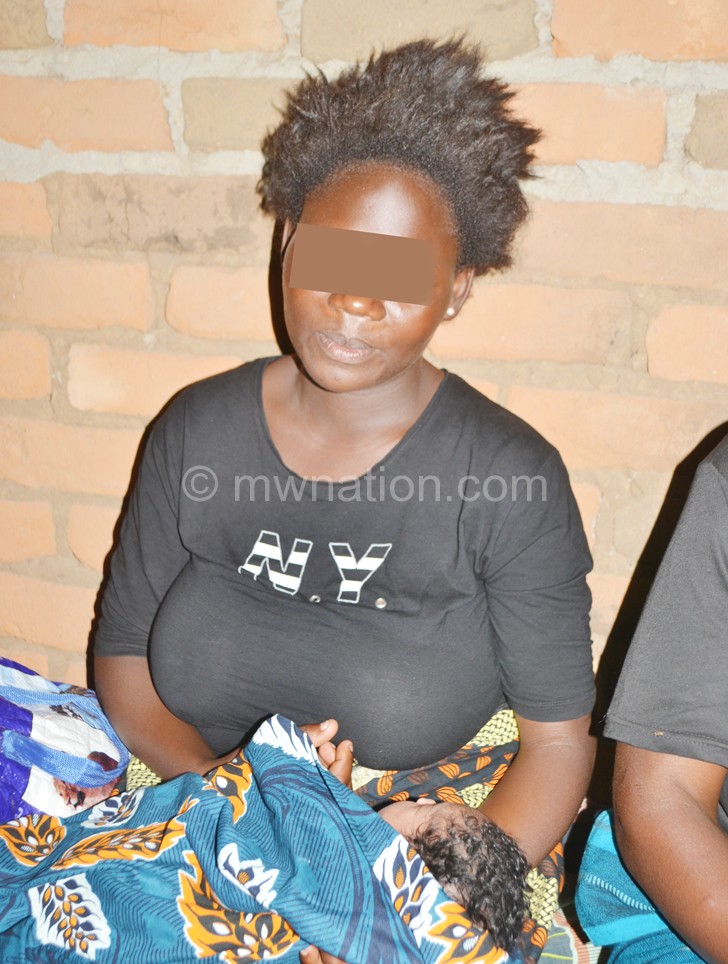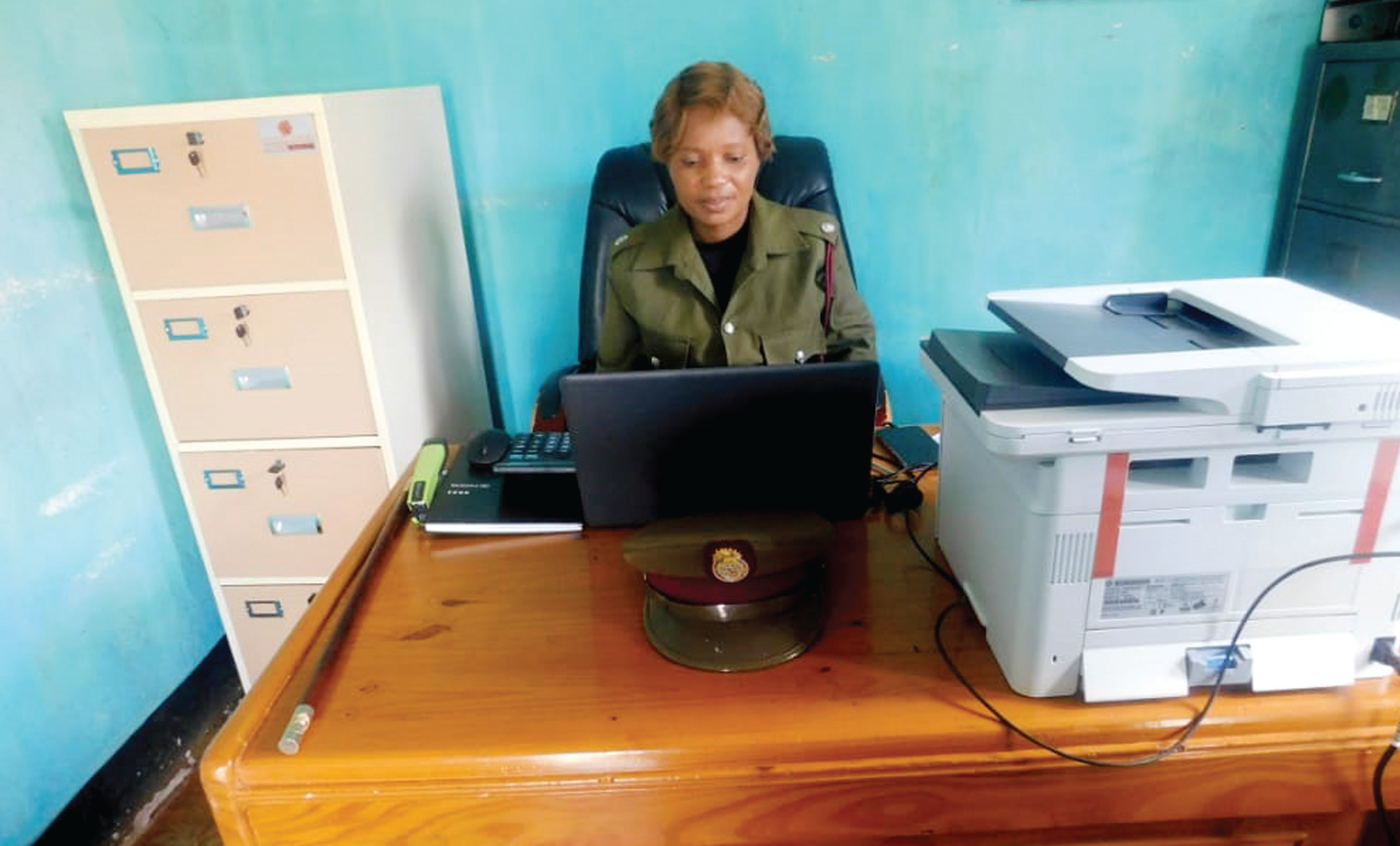Rescued from social ills for their betterment
With numbers of teenage pregnancies dropping; forced and child marriages drastically reduced; and 108 women between the ages of 16-35 rescued from gender-based violence (GBV), one can only assume that communities in Machinga are headed for better days.
All this has come about with interventions from Youth Response for Social Change (YRSC) in the areas of four traditional authorities of Kawinga, Nchingoza, Nsanama and Mlomba.

YRSC is a non-Governmental organisation (NGO) situated at Nayuchi Border in Machinga East established in 2003 as a drama group educating the community and advocating voluntary counselling and testing (VCT) and HIV prevention.
“By then, there was nobody in the area who had been tested for HIV. People knew nothing about the benefits of VCT and as a group, we thought that drama could influence positive behavioural change. Among other objectives, we wanted to enhance gender equality, scaling up HIV and Aids related interventions and services as well as to upscale access to family planning services to reduce the rates of maternal mortality and sexually transmitted infections in the youthful population by 2018,” said Hidjil Kalinde, YRSC programmes manager in an e-mailed response.
He added that the organisation is also there to enhance the capacity of school authorities and management structures to respond quickly to school-related GBV that hinders girls from attaining education.
However, despite all their strides, the biggest challenge the organisation faces comes from the low levels of education among the people in Nayuchi.
“To date, the nearest secondary school is almost 30 kilometres and it is a community day. The inadequate education among members of the community means difficulties in spreading and grasping of the messages under the projects,” says Kalinde.
Apart from that, he says despite the provision of free family planning services in the nearest hospitals, demand for sexual and reproductive health rights (SRHR) is higher than the supply, with Mozambicans showing more interest in accessing drugs than Malawians.
“It is important that the two governments negotiate on improving SRH service delivery for their citizens and for our government to take steps to ensure foreigners do not take advantage of the absence of national IDs to create competition and congestion in the access of family planning services,” he says.
Amid resource constraints, the organisation complements government efforts by offering interventions in comprehensive sexuality knowledge, early child marriages, access to SRHR services, climate change, keeping learners in safe schools, gender-based violence and economic empowerment to ensure that people in the communities, especially those living with HIV and Aids, the youth, young women and children have a quality and productive life.





